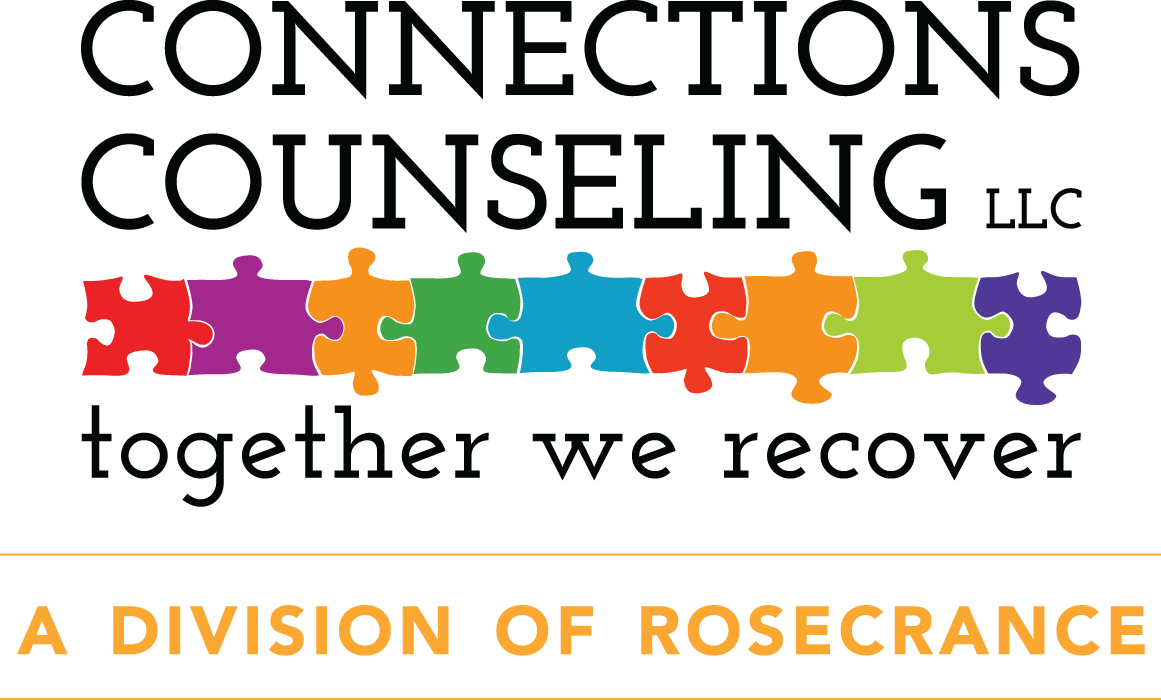Article Date:
September 9, 2011
MADISON (WKOW) - By Greg Neumann
Based on the school's own statistics, drinking is a way of life at UW-Madison.
Roughly two-thirds of students binge drink and University Health Service officials say it causes all kinds of problems.
"(With) the number of individuals who have an encounter with a police officer, who have unplanned sex, who get into fights, who have academic consequences..." said Tom Sieger, Director of Prevention Services for University Health.
That's why UW is adding a sanction called "BASICS."
It requires students who violate the campus alcohol policy to take two 90 minute classes with a counselor to learn about the dangers of alcohol abuse.
"It demonstrates two things," said Sieger. "That it decreases high risk drinking among students 18 to 24 years-old and it also reduces that harm that is associated with high risk drinking."
And it comes at a cost to the students.
First-time offenders must participate in group sessions that cost $78.
Serial or more serious offenders must get one-on-one counseling at a cost of $200.
"I totally agree with it, I think students should pay for what they have done," said UW Freshman Molly Sitter.
But as you might expect, not all students share that viewpoint.
"I think a lot of times with alcohol, people aren't thinking," said UW Senior Abby Zerrien. "And I think its such an important part of a lot of people's lives that they probably won't change regardless of fees."
"I'd understand more like, community service, like keeping the campus up to par and stuff like that, but I think counseling's just a little, little ridiculous I guess," said UW Student Dan Gaenslan.
Ridiculous or not, failing to complete two 90 minute classes within eight weeks of a violation will earn students a hold on their academic registration and transcripts.
The university also approved a new measure to help students feel less scared about helping a friend who is in trouble because of alcohol.
For instance, a student can call 911 if a friend has alcohol poisoning without receiving an underage alcohol citation if they were also drinking.
source - https://www.wkow.com/story/15430448/uw-students-face-new-drinking-sanctions

